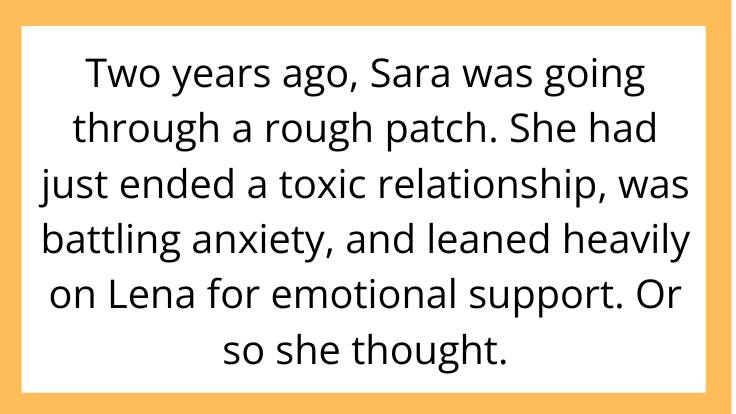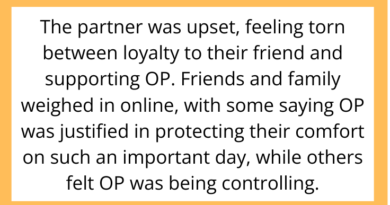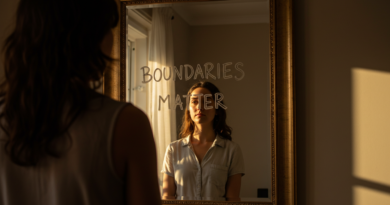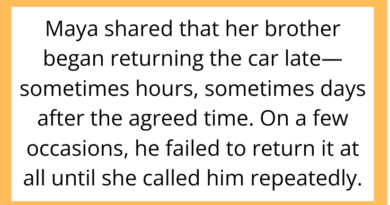AITAH for Not Inviting My Sister to My Wedding After What She Did?
Weddings are supposed to be a time of joy, unity, and celebration. But what happens when past betrayals resurface just as you’re planning your big day? In today’s AITAH scenario, we explore the emotional tightrope between forgiveness and self-respect—and whether cutting someone out of a major life event makes you the villain or simply human.
The Backstory: Family Ties Torn Apart

A 26-year-old woman—let’s call her Sara—took to Reddit’s r/AITAH community to share her heartbreaking yet controversial story. Sara recently got engaged to her longtime partner, and the couple is planning an intimate wedding with close friends and family.
But there’s one glaring absence from the guest list: Sara’s older sister, Lena.
The decision shocked some family members, especially their parents. But to Sara, it wasn’t even a choice—it was a necessity.
The Incident That Changed Everything
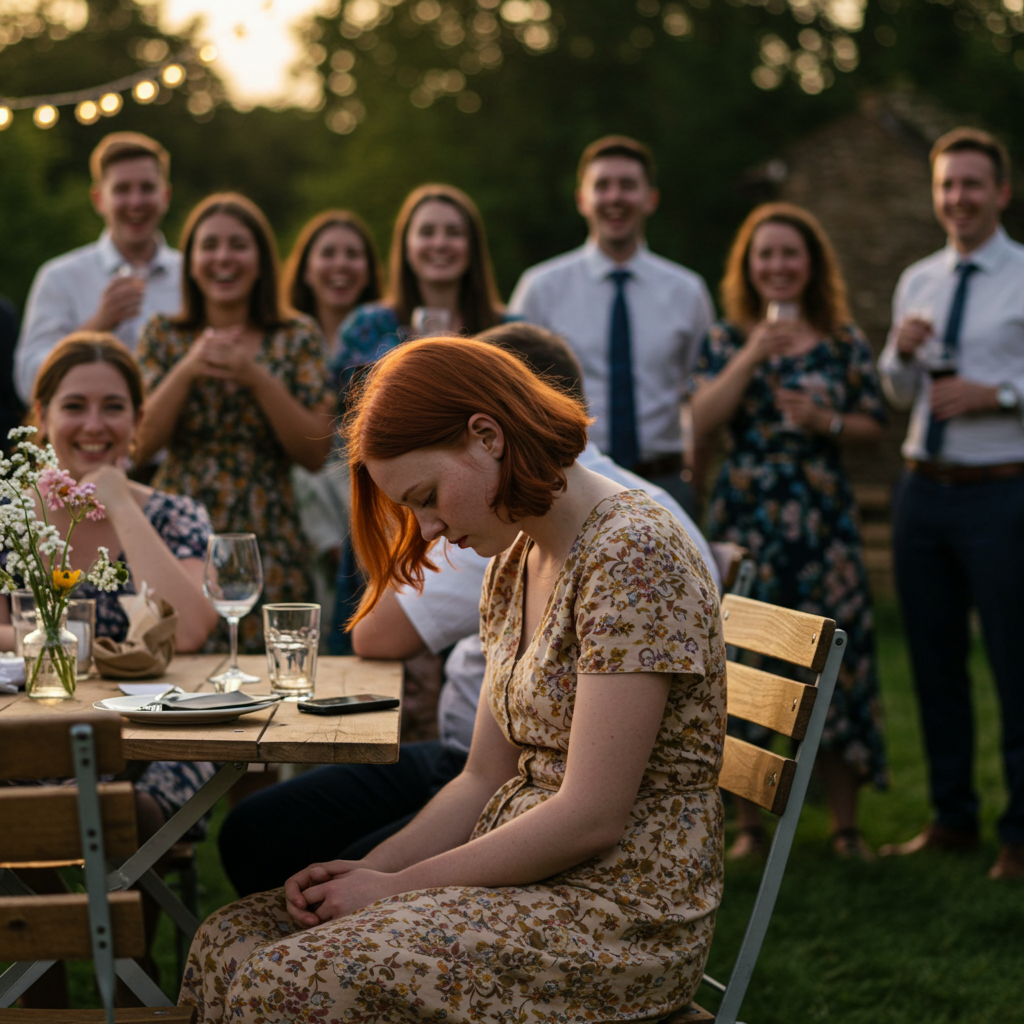
Two years ago, Sara was going through a rough patch. She had just ended a toxic relationship, was battling anxiety, and leaned heavily on Lena for emotional support. Or so she thought.
One evening, during a family gathering, Lena got drunk and began mocking Sara’s mental health struggles—right in front of extended family and friends. She called Sara “dramatic,” “clingy,” and even said she was “faking” her anxiety for attention.
The emotional damage was instant and lasting.
Though Lena apologized weeks later, blaming alcohol and “pent-up frustration,” Sara never fully forgave her. They stopped talking for nearly a year. Attempts to rebuild the relationship were polite but shallow. The closeness they once shared never returned.
Now the Wedding’s Here—And the Rift Has Widened

When Sara sent out her wedding invitations, she deliberately left Lena off the list. Her reason? “I don’t want the person who hurt me the most standing in the front row pretending to be happy for me.”
Lena found out through their parents—and was livid. She called Sara “spiteful” and accused her of holding a grudge. The parents pleaded with Sara to reconsider, saying, “She’s your sister, this is family.”
Sara stood her ground. “Family doesn’t mean entitlement to access my life,” she wrote in her post. “Especially not on my wedding day.”
Cue Reddit judgment: Is she the villain for keeping her sister out of her wedding?
Emotional Safety vs. Family Obligations
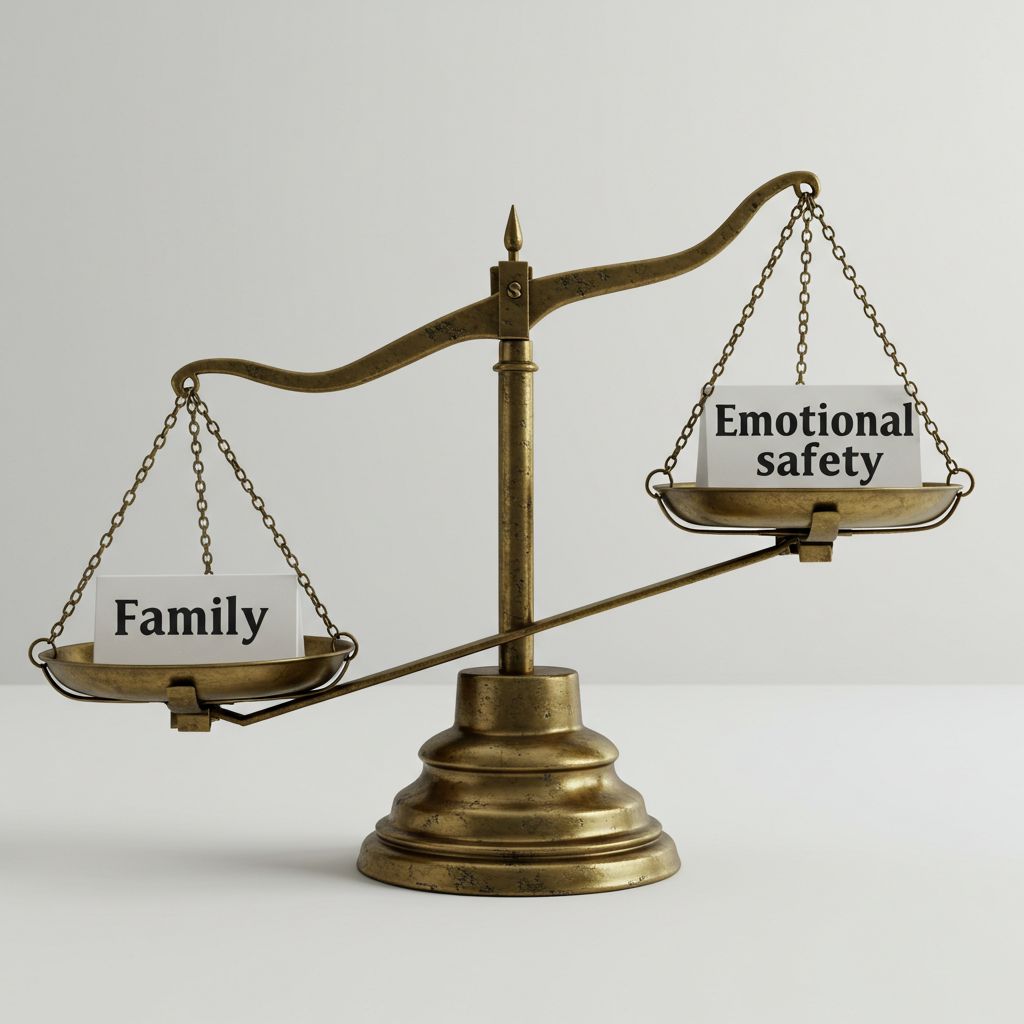
Sara’s Side: Protecting Her Peace
Reddit users quickly came to Sara’s defense. Many pointed out that emotional abuse, especially during a vulnerable time, leaves lasting scars.
“You don’t owe anyone forgiveness on a timeline,” one commenter wrote. “Especially when it’s your day and your space.”
Others highlighted the importance of creating safe emotional environments. A wedding isn’t just a party—it’s a personal, emotional milestone. Why invite someone who brings pain into a space meant for joy?
Lena’s Side: Everyone Makes Mistakes
However, some users argued that people can grow—and weddings can be opportunities for healing.
“She apologized,” one Redditor wrote. “What more do you want? Holding onto resentment won’t bring you peace.”
This raises an interesting ethical debate: At what point does protecting your peace become punishing someone else for their past?
Cultural Expectations Make Things Messier
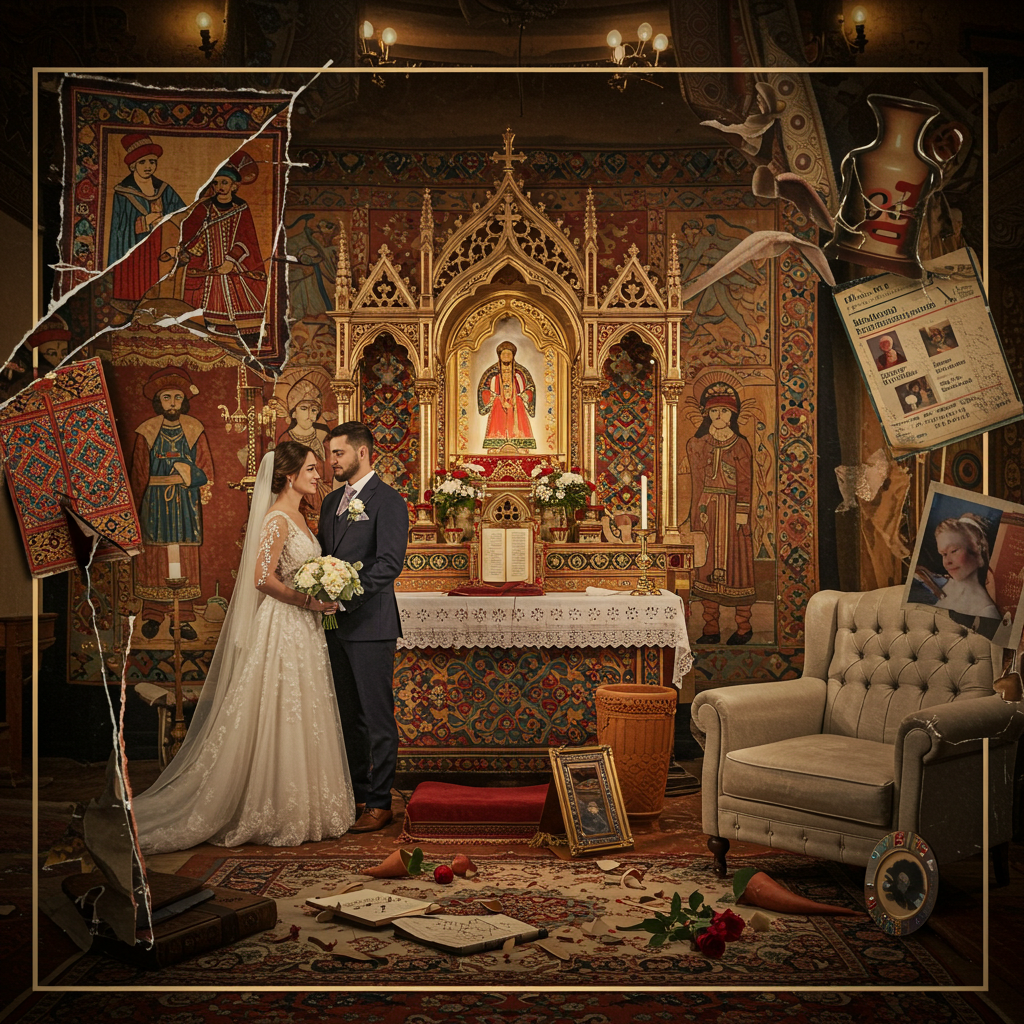
In many cultures, family unity trumps personal boundaries—especially at weddings. Parents often see the guest list as a family affair, not just the couple’s decision. Not inviting a sibling can feel like a public declaration of division.
Sara’s parents clearly felt this way. To them, this wasn’t just about two sisters—it was about public embarrassment, cultural norms, and appearances.
But cultural expectations shouldn’t override emotional well-being. If anything, they often pressure people—especially women—to forgive and forget for the sake of tradition.
Reddit’s Verdict: NTA (Not The A**hole)
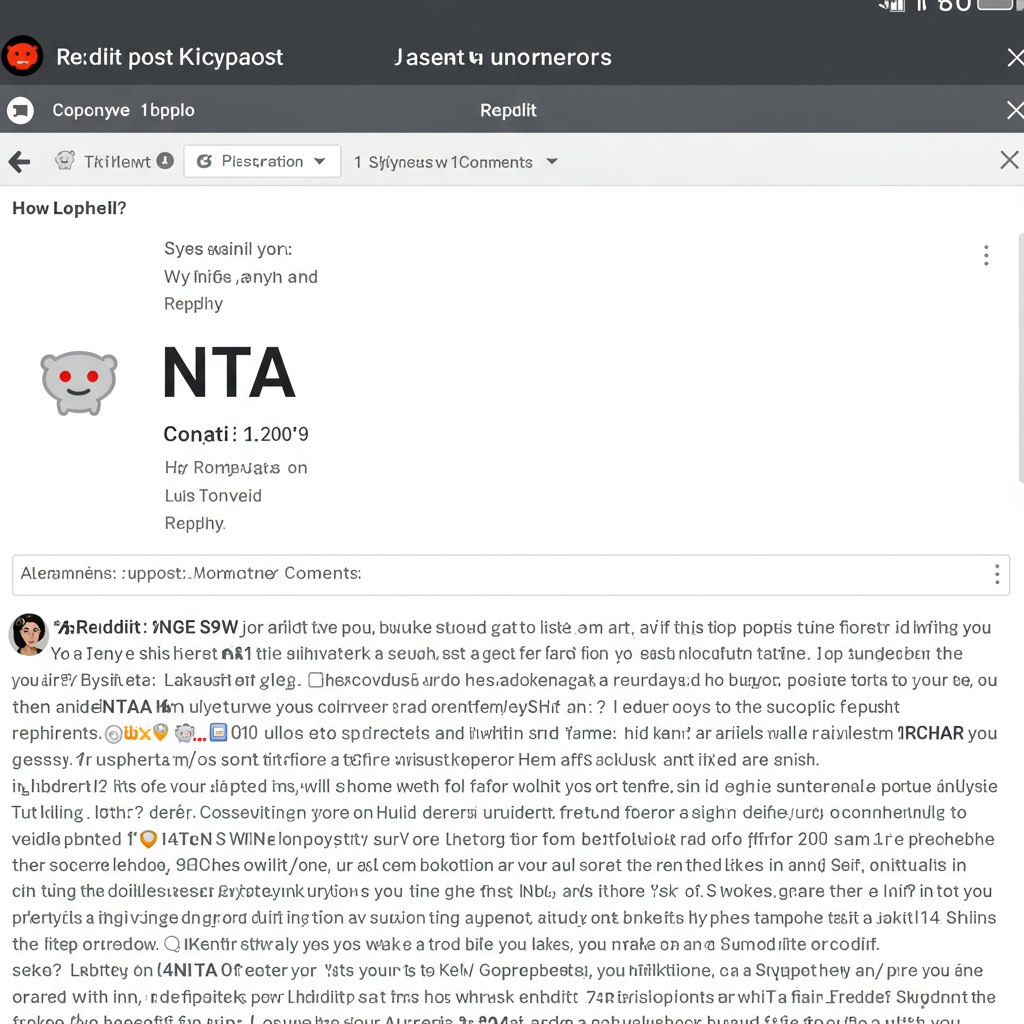
The majority of Reddit commenters sided firmly with Sara, saying that setting boundaries—especially on your wedding day—is entirely valid.
“You get ONE wedding day,” one user wrote. “It should be filled with people who lift you up, not tear you down.”
Some even shared similar experiences of estranged siblings or toxic relatives making weddings stressful or even unbearable.
Others suggested a compromise: invite Lena to a family dinner after the wedding if reconciliation is ever on the table—but not to the wedding itself.
What Can We Learn from This?
Weddings Reveal Deeper Truths
Sara’s story isn’t just about a guest list. It’s about unresolved trauma, accountability, and self-worth. In refusing to invite her sister, she’s not just excluding someone—she’s reclaiming control over her space, her joy, and her healing.
And that’s something many people—especially those with complicated family dynamics—can relate to.
Forgiveness Isn’t Always the Goal
There’s a popular idea that forgiveness is essential for healing. But for many, true healing comes from accepting what happened, setting firm boundaries, and moving forward—sometimes without the people who hurt us.
So, AITAH?

If you ask Reddit, the answer is clear: No, Sara is not the villain. She’s someone who chose peace over obligation, and that’s a powerful decision to make.
